Why People Feel Depressed At Work And What To Do About It
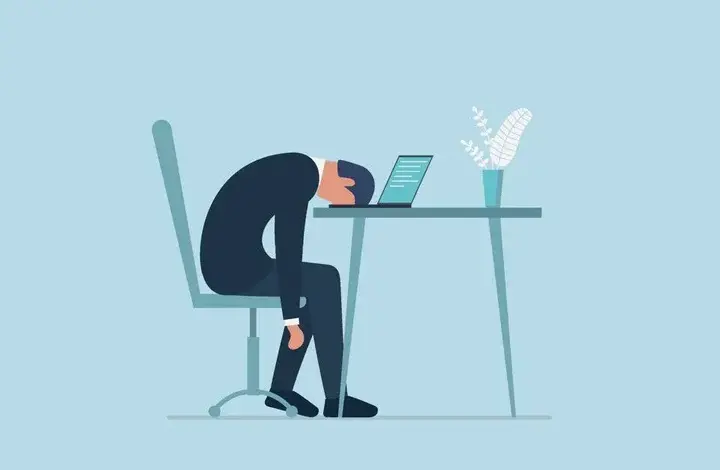
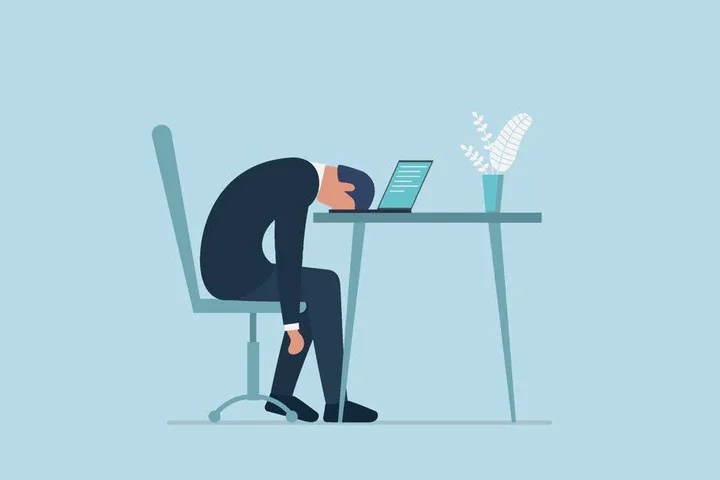
I keep hearing the same thing from people in completely different roles and industries. They say they go to work, answer emails, go to meetings, and do what’s expected. But underneath all of that, they feel something is off. They say things like, “I feel like I am existing, but I’m not really living.” Or, “I used to care more, but now I just want the day to end.” They’re not necessarily depressed. But they’re not fully engaged either. It’s like something vital is missing, and they’re too tired to go looking for it. You might think this is about quiet quitting or burnout. For some people, it probably is. But there’s something else going on. I hear it from people in situations where you’d expect them to be excited, like when they have a new job or a flexible schedule. There’s something deeper, and it feels like it’s about how people see their place in the world and at work. Many describe it as feeling depressed at work, even when nothing specific has gone wrong.
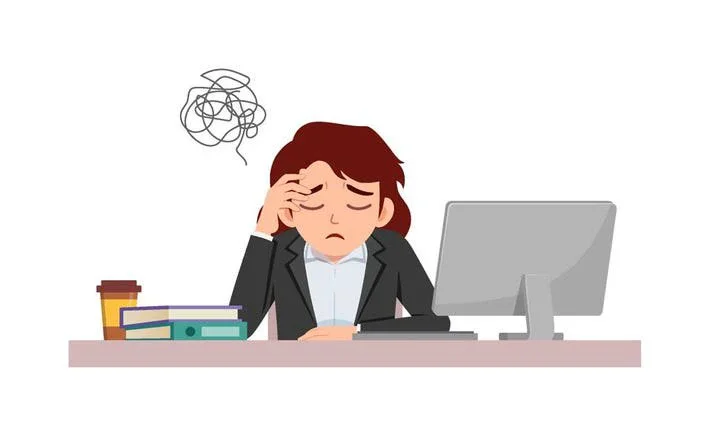
Why Do I Feel Depressed At Work And Blah Even When I Should Feel Fine?
There’s a heaviness that a lot of people seem to be carrying into their workday. You might not even see it because they still hit deadlines and smile on Zoom. But if you ask them if they feel like they’re doing meaningful work, they pause. Or they laugh in that way that people do when they don’t know how to answer. I think a lot of people are just tired of pretending that things are fine. They’re overwhelmed, overstimulated, and at the same time, incredibly bored. Everything seems urgent, but nothing really feels all that important. That kind of emotional contradiction drains people in ways that are hard to measure.

Is This A New Kind Of Burnout, Or Something Else Entirely, Making People Depressed At Work?
Burnout used to be about overwork. Now, it’s often about emotional disconnection. You can be working fewer hours and still feel burned out if you’ve lost your sense of purpose. During the pandemic, a lot of people had time to reflect on what mattered. For some, that created positive change. But for others, it created awareness without a path forward. They saw what was missing but didn’t know how to fix it.
I’ve had jobs where everything looked great on paper, with perks, promotions, and travel. But I dreaded Mondays. My skills were not well-aligned to my job responsibilities, and I wasn’t challenged in a way that felt meaningful. I didn’t feel like I could say that out loud without sounding ungrateful.
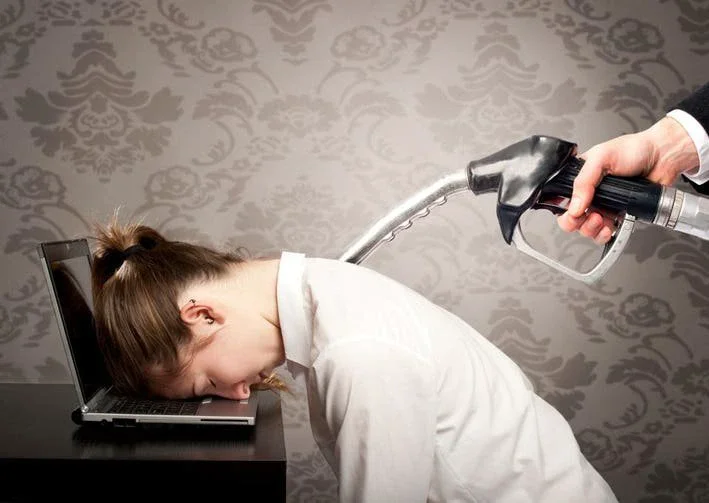
What’s Fueling People Feeling Depressed At Work Beneath The Surface?
People tell me several things have caused them to feel depressed at work, including the following.
-
Uncertainty
People are concerned about what AI will do to impact their jobs. Will it replace them? Will they have to learn more? There are so many ways this can go that it creates uneasiness.
What To Do About It: Stop expecting yourself to master every new tool or trend. It helps to shift from perfection to curiosity. You don’t have to know everything, but you can stay open to learning. The more you learn about AI, the better prepared you will be to find ways to work with it or even find new jobs if it replaces yours. -
Digital Fatigue
There is always something buzzing or pinging, and the constant stream of updates can drown out your ability to focus or reflect.
What To Do About It: Unplug from technology a couple of hours before bed. Stop looking at your phone, skip streaming shows, and forget about social media. Let your brain slow down, because better sleep makes digital overwhelm easier to manage the next day. -
Conflict
There’s no shortage of negativity in the news and on social media. Many people feel like the world is unraveling. Add in political tension and global conflict, and you’ve got a recipe for chronic unease. What makes it harder is that many people are so locked into their political views that a sense of “I’m right and you’re wrong” has started to show up everywhere, even at work.
What To Do About It: Every generation has its version of a looming crisis. When I was young, it was post-Vietnam, fears of Russian bombs, or missiles from Cuba. These fears come and go. Try telling yourself it’s not something you can control and that most of it will pass. That small mental shift can help restore calm. Remember, everyone is entitled to their opinion, and everyone’s perception comes from their unique place in this world. Judging others usually adds more stress than clarity. -
Loss Of Real Human Connection
People are lonelier than ever. Even when surrounded by others, they feel something is missing. With more virtual jobs or positions that involve working with technology rather than human interaction, it can be harder to build meaningful relationships.
What To Do About It: Some jobs are designed in ways that can’t be changed, but you can improve connection after work. Take up hobbies that involve others. Consider joining a hiking club, dance class, or something active that includes social interaction and boosts your mood.
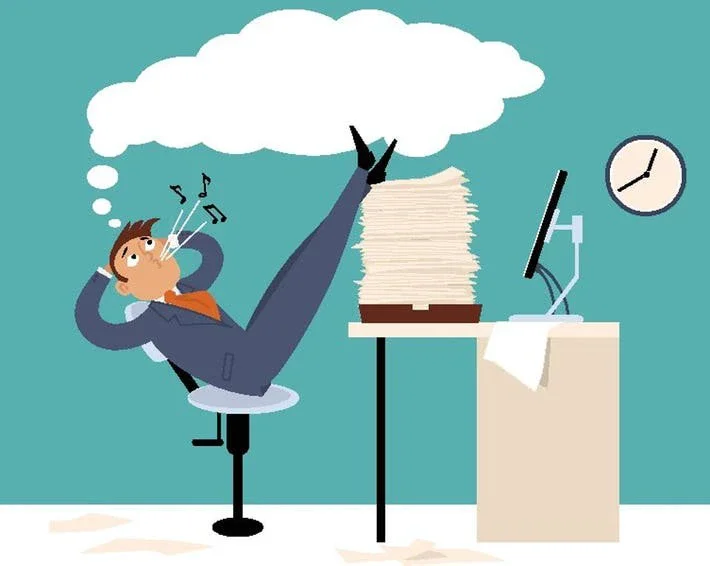
Where Do You Go When You’re Depressed At Work And Just Drifting Through Your Days?
Where do you start when you feel like you’re drifting? That feeling is a signal that something needs attention. It usually means there’s a gap between what matters to you and what you’re doing. That doesn’t mean you need to make drastic changes overnight. But it might be time to ask questions you haven’t asked in a while. When was the last time you felt excited about something at work? What small thing could you change this week that would make you feel more alive?
It always comes back to curiosity. When people lose it, they start going through the motions. When they find it again, they start asking better questions, having better conversations, and noticing opportunities they didn’t see before. Then their energy starts to come back.
Technology can be part of the solution. Try asking ChatGPT or another tool to give you new ideas. Ask for projects, hobbies, or fun things to explore. You might be surprised at what you find.

How Can Leaders Help People Who Feel Depressed At Work Without Making It Worse?
At work, leaders can start by listening to people, not with a survey, but with real conversations. Don’t ask employees how satisfied they are. Ask what they wish they could spend more time doing. Ask what would make them feel like their work matters again. And then listen without interrupting or trying to fix it right away.
The best leaders I’ve interviewed all had one thing in common. They didn’t rush to solve everything. They made space for exploration. They knew that when people feel safe to be honest, they become more invested, more creative, and more motivated.
If someone on your team is just getting by, don’t assume they’re disengaged. Ask what they’re missing. Ask what they’re curious about. That shift in how you lead could change everything.
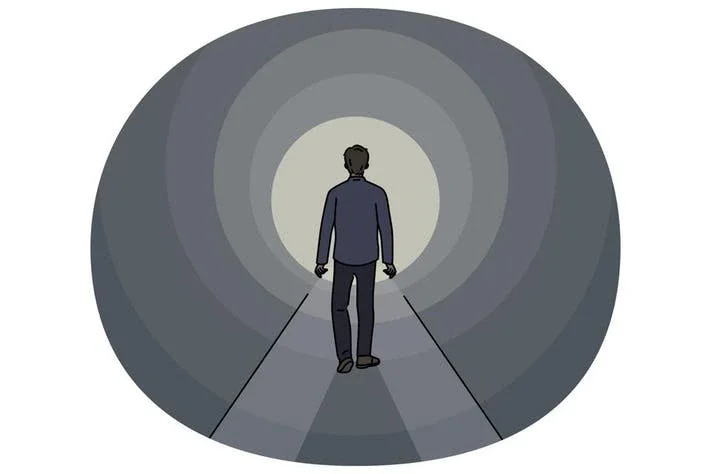
What Does It Take To Get Over Feeling Depressed At Work?
People want something real, something that connects to their values and gives their work meaning. You don’t have to overhaul your entire life to find that again. But you do have to pay attention to what you’ve been ignoring. If something feels off, it probably is. That awareness might be the very thing that brings you back to life. If you’ve been feeling depressed at work, you’re not alone. You’re also not stuck.





